Introduction – Coding for Beginners
Coding is the skill of writing instructions for computers to follow. It is the basis of all software, from websites to apps to video games. Coding is a valuable skill to have, and it is becoming increasingly in demand.
If you are new to coding, there are a few things you need to know. First, there are many different programming languages to choose from. Some popular programming languages for beginners include Python, JavaScript, and HTML/CSS.
Once you have chosen a programming language, you need to learn the basics of coding. This includes things like variables, loops, and functions. You can learn the basics of coding through online courses, tutorials, and books.
Once you have learned the basics of coding, you can start working on your own projects. This is the best way to learn and improve your coding skills. You can find project ideas online or come up with your own.
Table of Contents
Here are a few tips for coding for beginners:
- Start with a simple programming language. Python, JavaScript, and HTML/CSS are all good choices for beginners.
- Learn the basics of coding before moving on to more complex topics.
- Don’t be afraid to ask for help. There are many online forums and communities where you can ask questions and get help from other coders.
- Be patient and persistent. Learning to code takes time and practice.
If you are interested in learning to code, there are many resources available to help you get started. Here are a few recommendations:
- Online courses: There are many online courses that can teach you the basics of coding. Some popular online courses include Codecademy, freeCodeCamp, and Coursera.
- Tutorials: There are many tutorials available online that can teach you the basics of coding. Some popular websites for tutorials include W3Schools, TutorialsPoint, and YouTube.
- Books: There are many books available that can teach you the basics of coding. Some popular books for beginners include “Python Crash Course” by Eric Matthes, “JavaScript and JQuery: Interactive Front-End Web Development” by Jon Duckett, and “HTML and CSS: Design and Build Websites” by Jon Duckett.
- Best Tutorial resourse : W3 School
Why Learn Coding for Beginners?
Career Opportunities
Learning to code can open up a wide range of career opportunities. Coding jobs are in high demand and are expected to continue to grow in the future. According to the US Bureau of Labor Statistics, employment of software developers is projected to grow 22% from 2020 to 2030, much faster than the average for all occupations.

Coders are needed in a variety of industries, including technology, healthcare, finance, and manufacturing. Some specific coding jobs include:
- Software developer
- Web developer
- Mobile app developer
- Data scientist
- Machine learning engineer
- Quality assurance engineer
- Technical writer
Problem-Solving Skills : Coding for Beginners
Coding teaches you how to think logically and solve problems creatively. When you code, you have to break down complex problems into smaller, more manageable steps. You also have to think about all of the possible outcomes and how to handle them.
These problem-solving skills are valuable in all areas of life, not just in coding. For example, they can help you succeed in school, at work, and in your personal relationships.

Creativity – Coding for Beginners
Coding is a creative process. When you code, you are creating something new. You are using your imagination to come up with solutions to problems and to build new things.
Coding can help you express your creativity in a variety of ways. For example, you can create your own websites, apps, and video games. You can also use coding to create art, music, and other forms of creative expression.
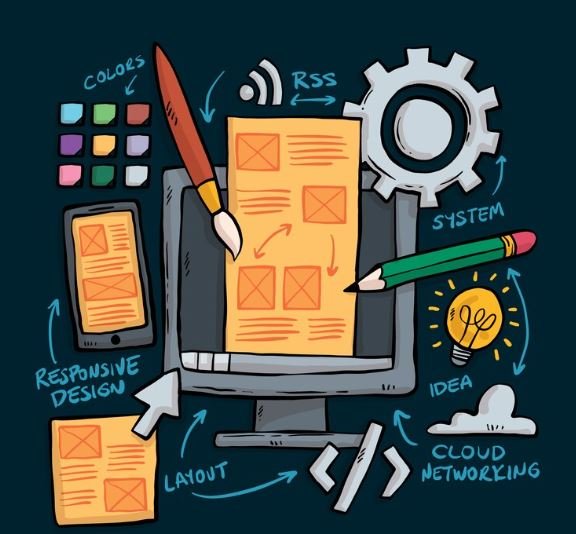
Overall Benefits Coding for Beginners
Learning to code can have a number of benefits for beginners, including:
- Improved career opportunities
- Enhanced problem-solving skills
- Increased creativity
- A better understanding of technology
- The ability to build your own software applications
If you are interested in learning to code, there are many resources available to help you get started. There are online courses, tutorials, and books that can teach you the basics of coding. You can also find many online communities and forums where you can ask questions and get help from other coders.
Choosing the Right Programming Language-Coding for Beginners
Python

Python is a general-purpose programming language that is known for its simplicity and readability. It is a good choice for beginners because it has a relatively gentle learning curve.
Python is used in a wide variety of applications, including:
- Web development
- Data science
- Machine learning
- Artificial intelligence
- Game development
- Automation
- Scripting
JavaScript
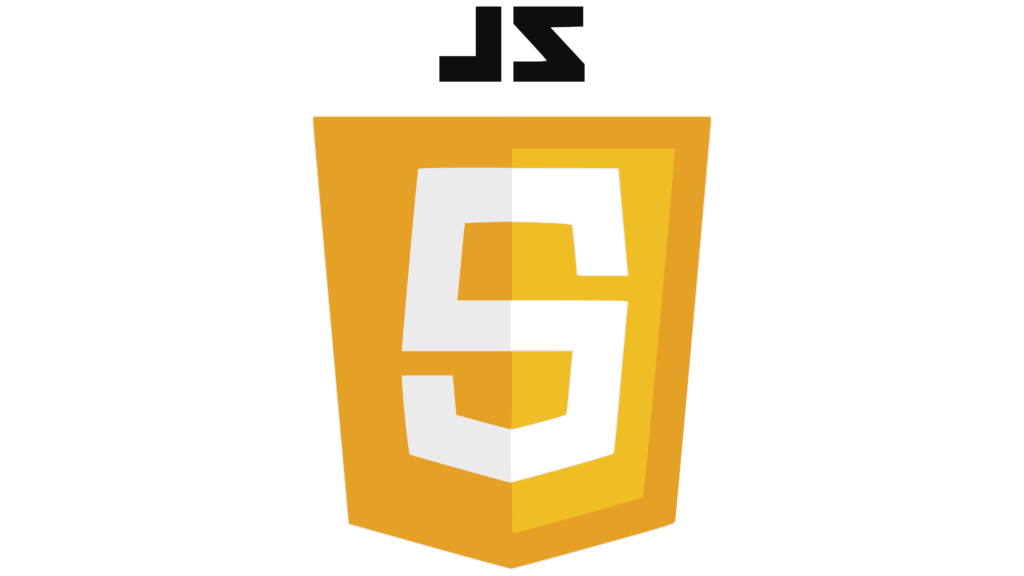
JavaScript is a front-end programming language that is used to add interactivity and dynamism to web pages. It is also used to develop web applications and mobile apps.
JavaScript is a good choice for beginners because it is relatively easy to learn and there are many resources available to help you get started.
JavaScript is used in a wide variety of applications, including:
- Web development
- Mobile app development
- Game development
- Automation
- Scripting
HTML and CSS
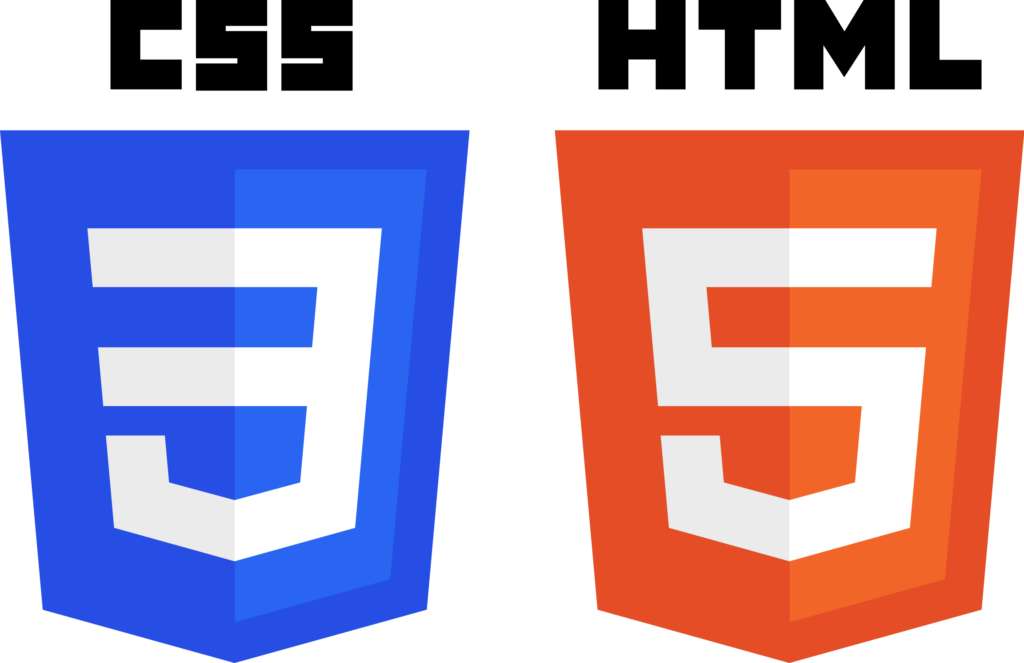
HTML and CSS are markup languages that are used to create and style web pages. HTML is used to define the structure of a web page, while CSS is used to control the appearance of a web page.
HTML and CSS are good choices for beginners because they are relatively easy to learn and there are many resources available to help you get started.
HTML and CSS are used in a wide variety of applications, including:
- Web development
- Email marketing
- Content creation
- Design
Which language is best Coding for Beginners?
The best programming language for you will depend on your individual needs and interests. If you are interested in web development, then you may want to learn JavaScript, HTML, and CSS. If you are interested in data science or machine learning, then you may want to learn Python. If you are interested in game development, then you may want to learn Python or C++.
If you are not sure which language to choose, then I recommend starting with Python. Python is a good general-purpose language that can be used to develop a wide variety of applications.
Once you have learned the basics of Python, then you can decide if you want to learn another language that is more specialized to your interests.
Here are some additional tips for selecting a programming language:
- Consider your career goals. What kind of job do you want? What programming languages are required or preferred for those jobs?
- Think about your interests. What are you passionate about? What kind of applications do you want to build?
- Research different languages. Read about the different programming languages that are available. What are their strengths and weaknesses?
- Try out different languages. The best way to find the right language for you is to try out a few different ones. There are many online tutorials and code sandboxes that you can use to experiment with different languages.
Getting Started with Basic Coding Concepts-Coding for Beginners
Variables
Variables are used to store data. They can be declared with any name, but it is important to choose a name that is descriptive of the data that the variable will store. For example, you might declare a variable called name to store a person’s name, or a variable called age to store a person’s age.
Example:
Python
name = “Alice”
age = 25
Use code with caution. Learn morecontent_copy
Data types
Data types specify the type of data that a variable can store. The most common data types are:
int: Integer numbersfloat: Floating-point numbersstring: Textboolean: True or false values
Example:
Python
name = “Alice” # type: str
age = 25 # type: int
Use code with caution. Learn morecontent_copy
Operators
Operators are used to perform operations on data. For example, the + operator can be used to add two numbers, and the * operator can be used to multiply two numbers.
Example:
Python
sum = age + 10
product = age * 10
Use code with caution. Learn morecontent_copy
Conditional statements
Conditional statements allow you to control the flow of your code. For example, you can use an if statement to check if a condition is met, and then execute a block of code if the condition is met.
Example:
Python
if age >= 18:
print(“You are an adult.”)
else: print(“You are not an adult.”)
Use code with caution. Learn morecontent_copy
Loops
Loops allow you to repeat a block of code multiple times. For example, you can use a for loop to iterate over a list of items, and execute a block of code for each item in the list.
Example:
Python
names = [“Alice”, “Bob”, “Carol”]
for name in names:
print(name)
Use code with caution. Learn morecontent_copy
Functions
Functions allow you to group together related code and reuse it throughout your program. For example, you could create a function to calculate the sum of two numbers, and then reuse that function throughout your program.
Example:
Python
def sum(a, b):
return a + b print(sum(1, 2))
print(sum(3, 4))
Use code with caution. Learn morecontent_copy
These are just a few of the foundational coding concepts that beginners should understand. There are many other concepts that are important to learn, but these are a good starting point.
Online Resources for Learning Coding for Beginners
FreeCodeCamp
-is a non-profit organization that offers a comprehensive curriculum of free online coding courses. It covers a wide range of topics, including HTML, CSS, JavaScript, React, Python, Data Visualization, APIs, and more. FreeCodeCamp also has a large community of learners who are happy to help each other.
Codecademy
-is an online learning platform that offers interactive coding tutorials. It has a variety of courses to choose from, including beginner-friendly courses in HTML, CSS, JavaScript, Python, and more. Codecademy also has a paid subscription option that offers additional features, such as personalized learning plans and project challenges.
Khan Academy
-is a non-profit organization that offers a variety of educational resources, including free online coding courses. Khan Academy has courses for beginners in HTML, CSS, JavaScript, and Python. It also has courses on more advanced topics, such as data structures and algorithms.
Coursera
-is an online learning platform that offers courses from top universities and companies around the world. Coursera has a variety of coding courses to choose from, including beginner-friendly courses in Python, JavaScript, and web development. Coursera also has courses on more advanced topics, such as machine learning and artificial intelligence.
Udemy
-is an online learning platform that offers a wide variety of courses, including coding courses. Udemy has courses for beginners in HTML, CSS, JavaScript, Python, and more. Udemy also has courses on more advanced topics, such as data science and web development.
In addition to these online resources, there are also many online communities where beginners can get support from other learners and experienced developers. Some popular online coding communities include:
- Stack Overflow is a question-and-answer website for programmers. It is a great place to get help with coding problems and to learn from other developers.
- GitHub is a code hosting platform that also has a large community of developers. GitHub has many features that make it easy to collaborate with other developers and to get feedback on your code.
- Dev.to is a blogging platform for developers. It is a great place to read articles about coding, web development, and other tech-related topics.
- Reddit has a number of subreddits for developers, such as /r/learnprogramming, /r/webdev, and /r/python. These subreddits are a great place to ask questions, share resources, and connect with other developers.
Practical Coding Projects for Beginners – Coding for Beginners
Build a calculator
This is a simple but classic project that can teach you about variables, operators, and conditional statements.
Create a to-do list app
This project can teach you about HTML, CSS, and JavaScript, as well as how to interact with databases.
Build a simple game
This project can teach you about game development concepts, such as sprites, collision detection, and input handling.
Develop a web scraper
This project can teach you how to extract data from websites and how to store and process data.
Create a command-line tool
This project can teach you about the basics of command-line interfaces and how to write scripts to automate tasks.
In addition to these projects, there are many other resources available online that provide coding challenges and projects for beginners. Some popular websites include:
- Codewars
- Exercism
- Project Euler
- HackerRank
- LeetCode
When choosing a project, it is important to select something that is challenging but achievable. You don’t want to start with a project that is too difficult, or you will risk getting discouraged. You also don’t want to start with a project that is too easy, or you will not learn as much.
Overcoming Challenges and Staying Motivated-Coding for Beginners
- Coding can be difficult at first. It is important to be patient and persistent. Don’t get discouraged if you don’t understand something right away. Just keep practicing and you will eventually get it.
- It is easy to get stuck on a problem. If you get stuck, don’t be afraid to ask for help. There are many online communities and forums where you can ask questions and get help from other developers.
- Coding can be time-consuming. It is important to set realistic expectations for yourself. Don’t expect to learn everything about coding overnight. Just focus on learning one thing at a time.
Staying motivated
- Set small, achievable goals for yourself. This will help you stay on track and motivated.
- Find a coding buddy or join a coding community. Having someone to learn with can help you stay motivated and accountable.
- Reward yourself for your progress. This will help you stay motivated and keep moving forward.
Setting realistic goals
- Consider your current skill level and experience. Don’t set goals that are too difficult or unrealistic.
- Break down your goals into smaller, more manageable tasks. This will make it easier to achieve your goals.
- Set deadlines for yourself. This will help you stay on track and make progress.
Here are some additional tips for learning coding:
- Start with the basics. Learn about variables, data types, operators, conditional statements, and loops before moving on to more complex topics.
- Use a variety of learning resources. There are many online courses, tutorials, and books available. Find the resources that work best for you and use them to learn.
- Practice regularly. The best way to learn coding is by practicing regularly. Try to set aside some time each day to practice coding.
- Build projects. The best way to learn coding is by building projects. Start with small, simple projects and gradually work your way up to more complex projects.
The Next Steps: Intermediate Learning
- Learning more complex data structures and algorithms. This will help you write more efficient and scalable code.
- Learning about design patterns. This will help you write reusable and maintainable code.
- Learning about software architecture. This will help you design and build complex software systems.
- Learning about different programming paradigms. This will help you choose the right programming language and approach for your project.
- Learning about specific technologies and frameworks. This will help you build specific types of applications, such as web applications, mobile apps, or machine learning models.
You can also learn more about the following topics:
- Version control: This is how to track changes to your code and collaborate with other developers.
- Testing: This is how to write tests to ensure that your code works correctly.
- Deployment: This is how to get your code running in production.
- Continuous integration and continuous delivery (CI/CD): This is a set of practices that automates the software development and delivery process.
Conclusion-Coding for Beginners
Coding is a valuable skill that can open up many doors in your career and personal life. It is also a skill that is becoming increasingly accessible to everyone.
If you are a beginner, I encourage you to take the first steps in your coding journey. There are many resources available online and in libraries to help you learn the basics of coding. There are also many online communities where you can get support from other learners and experienced developers.
Coding is not just for people who are good at math and science. Anyone can learn to code, regardless of their background or skill level. It is all about being patient, persistent, and willing to learn.
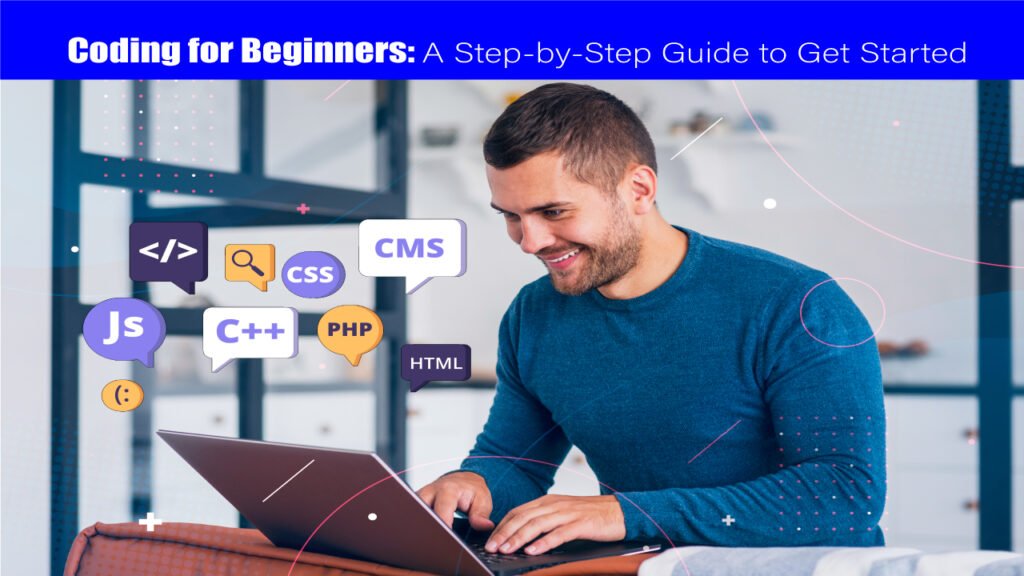

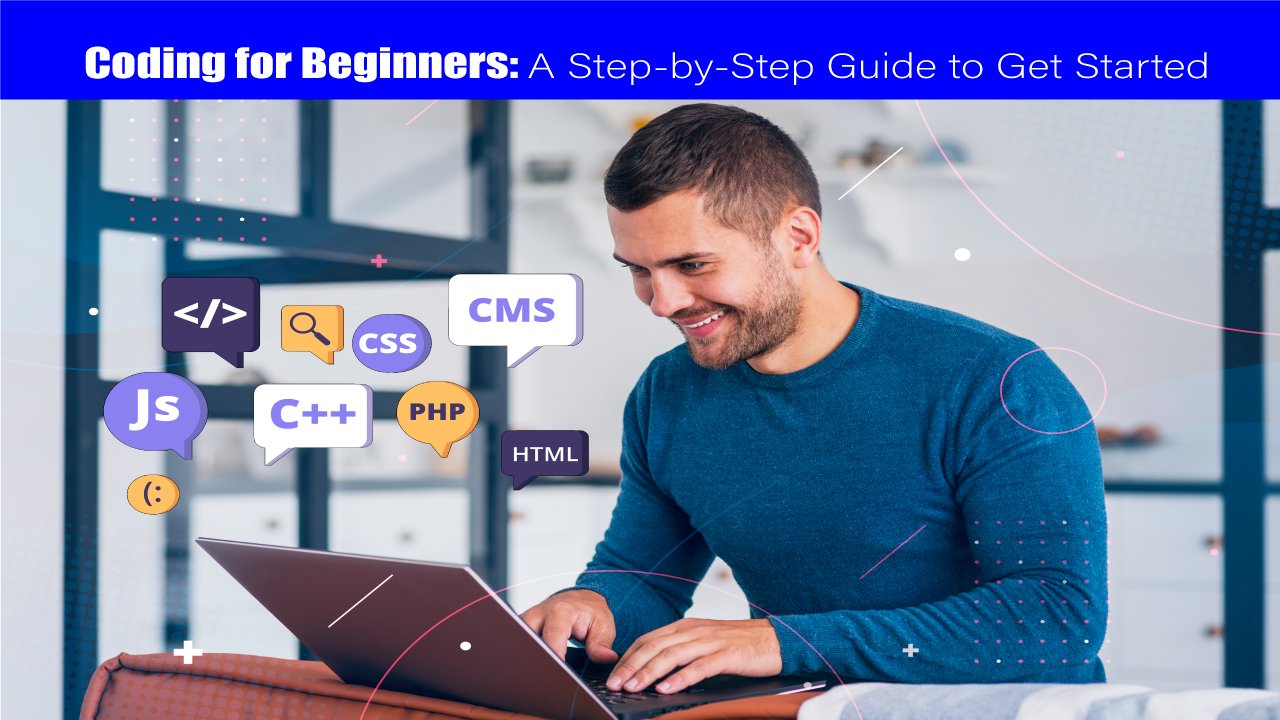
Leave A Comment